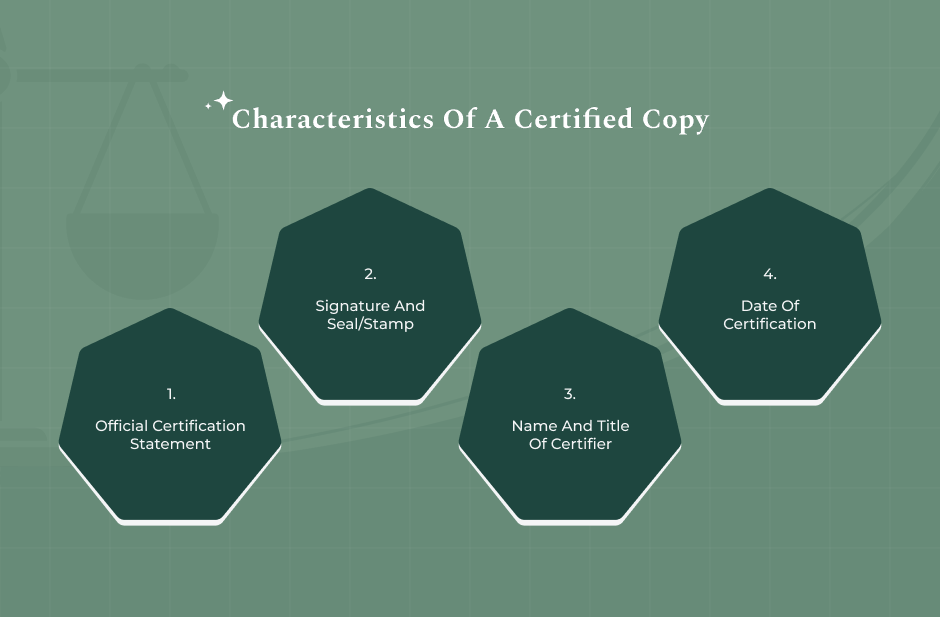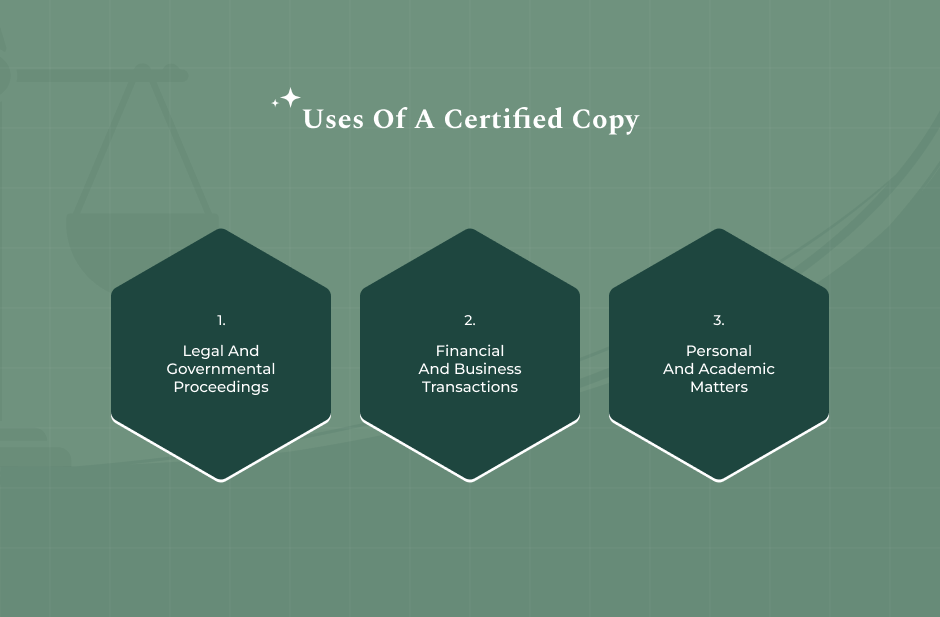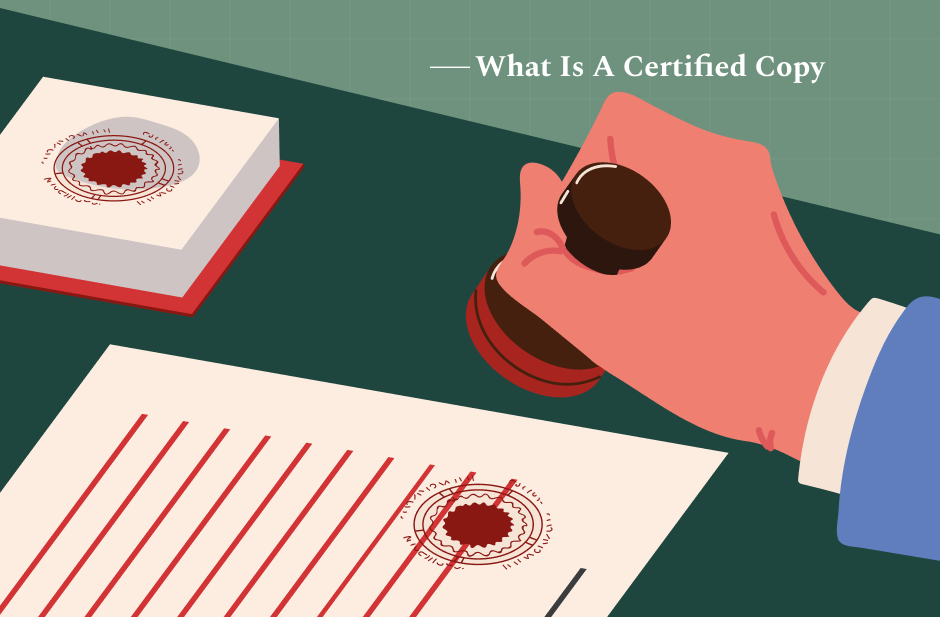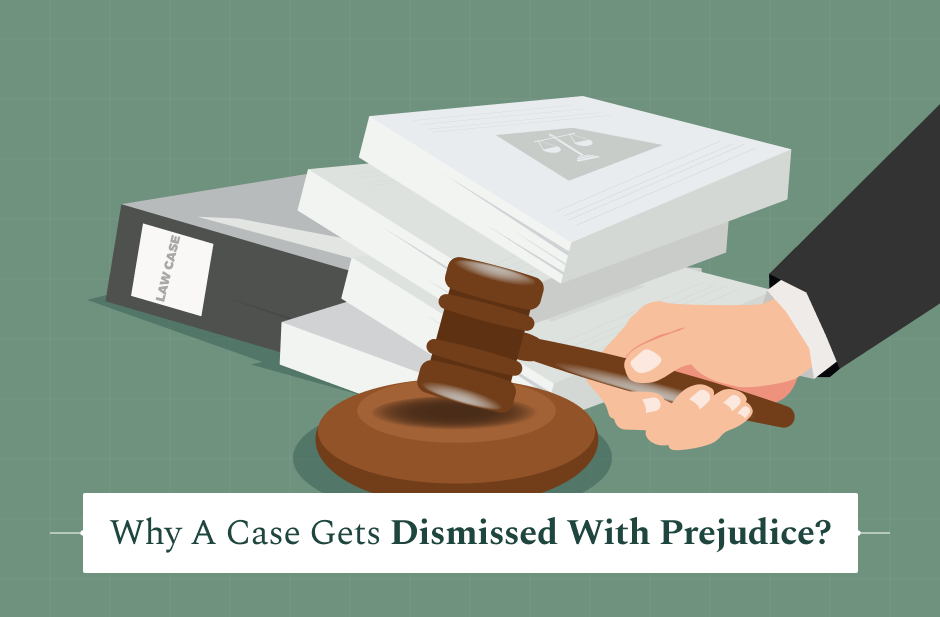A certified copy is an essential tool in the contemporary life of law, finance, and administration. It helps to keep the authenticity of a government document intact even when the original is to be sent elsewhere.
The right information on what is a certified copy saves your valuable time and prevents frustrating delays in crucial application procedures.
What Is A Certified Copy?
A certified copy is not simply a photocopy. It is a replica of an original document that has officially been attested as true and correct by a legally authorized person or entity.
The why to obtain a certified copy is simple. You don’t want to lose the original of an important document like a birth certificate or a marriage certificate copy. Practically all institutions, courts, and government agencies require a formal record on file, but realize the likely display of an original.
They, therefore, require a certified copy, a legally acceptable substitute, to show the genuineness and protection of your vital documents.
Key Characteristics Of A Certified Copy

What is a certified copy? Every certified copy possesses certain key characteristics that render it legally important and distinguish it from a normal photocopy.
1. Verification And Endorsement
The substance of a certified copy is authentication. The person or business providing the certification attests to the fact that the duplicate has the original document in its entirety.
This includes all text, signatures, and stamping. The certified copy will likely bear a glaring endorsement, typically a stamped or written guarantee such as “Certified True Copy of the Original” or “I certify this is a true and accurate copy of the document presented to me.”
2. Authorised Signatory
A certified copy can only be legally valid if it is signed by the official signatory. In America, it would be a solicitor, attorney, or a notary public. What is a certified copy from a government authorised agency?
In the case of official documents from a government department (e.g., a certified copy of a birth certificate), the organization issuing the document, i.e., the vital records office, is the only one that can provide a certified copy. Their signature and official seal or stamp authenticate the certified copy.
Important Differences You Must Know
Between Certified and Notarized Copies, there is a huge difference. It is important that you know these, especially when trying to understand what is a certified copy.
- The majority of individuals are not careful with their language. They use “certified” and “notarized” as synonyms, but in terms of law, they mean two different things. If an organization requests a certified copy, here’s what you need.
- The most basic distinction is the focus of the authentication. A certified copy focuses on verifying the authenticity of the document copy. The qualified officer does it by comparing the copy to the original document visually. Next, they authenticate the sheer precision of the copy.
- Notarized copy, however, deals with the authentic signature of a document and not with what is in the document. In addition to creating a certified copy, a concerned official inspects the original. They also verify if the true copy is an exact reproduction.
- However, if a document is being notarized, a notary public only certifies the identity of the person who is signing the document. Additionally, they ensure that the signature is valid. Therefore, the purpose also branches away quite significantly.
- So, what is a certified copy? A certified copy can be an officially accepted alternative for the original for administrative or legal use. A certified copy, however, prevents fraud. It ensures that the person signing the document is actually who he or she claims to be.
Thus, a certified copy ensures that the document’s contents are a genuine copy. On the other hand, a notarized document ensures only that the identity of the one signing it. A request for a certified copy, therefore, means that the certifier has the right to decide what is in the document. It does not merely mean signing.
Common Uses Of Certified Copies

There are many high-stakes areas of life where the requirement of a certified copy exists.
1. Legal And Financial Use
You will need a certified copy from time to time in official documents. In legal proceedings courts insist on proper copies of deeds or contracts. Financial transactions most often need a certified copy when paying out a complex trust account or for applying for a mortgage.
Moreover, this is especially true if original documents are foreign. A certified marriage certificate copy would substantiate spousal benefits in case one has to acquire a life insurance policy.
2. Government And Education
Government records, specifically immigration records, often need a certified copy of all relevant documents. You will have to contact the State Department of Health or the state Vital Statistics office where the birth took place if you need how to get a certified copy of birth certificate [U.S. Department of State – Travel State].
Diplomas or transcripts will also need a certified copy for schools and foreign employers to authenticate credentials.
Getting A Certified Copy
Whether and how to get a certified copy is very much established by what is a certified copy of the document.
1. Vital Records- Issuing Entity
If vital records like a certified copy of a marriage certificate or what is a certified copy of a birth certificate, are desired, the initial step is to identify the issuing entity.
To get those records, only the state government agency that created the document has the original document that you can use to make a certified copy.
You will need to ask for the correct state’s Vital Records office, pay a fee, and usually a government-issued ID to verify your connection to the name on the record. This is usually the best way to get an exact copy.
2. General Documents- Notaries And Attorneys
In the case of standard documents, for example, copies of a passport or driver’s license, you may get a certified copy from an attorney or a notary public.
must present the original document to the certifier. The original is examined by the certifier, then they create a duplicate. Afterwards, they endorse, sign, and seal the replica according to what is required. Thus, one obtains the certified copy [National Notary Association].
Read Also: Can I Write My Own Will and Have It Notarized?
Certified Copies In An International Perspective
When documents are being sent across borders, even the plain certified copy would not suffice.
Apostille And Translation
To be valid in terms of law in a foreign nation, a document needs a greater level of authentication. An Apostille is an international character certificate given under the Hague Convention. It basically attests to the signature and seal of the issuing officer who signed the certified copy.
If your document is in a foreign language, a certified translation will also be necessary. A professional translator must certify that the translation is complete and accurate, often getting their certification notarized.
Best Practices And Tips
Always be careful when dealing with sensitive documents.
1. Keep Originals Safe
Never submit your original documents unless explicitly instructed to do so. Always retain the original documents in a secure location after obtaining your certified copy.
2. Check Requirements
Never take for granted that an Apostille or a certified copy will be accepted. Always check the specific requirements of the receiving institution. Remember, some will demand an Apostille or a fresh certified copy drawn up in a recent time.
3. Use Reliable Services
Ensure your certifying body is accredited. In the US, a notary public may be sufficient for non-government documents, but always ensure the certified copy will be received by the intended recipient.
A certified copy is a printout of the seal of approval of the genuineness of the original, creating the stage for legal and administrative trust across the globe.
Read Also: What Is A Bargain And Sale Deed: Legal Definition & Meaning
Frequently Asked Questions (FAQs):
It is important to obtain the right certified copy to verify your identity and rights throughout the world. Because of this, make sure you verify the needs of the requesting agency. Utilize the correct authority, like a vital records office or notary public, to obtain your official copy.
No, in general. For the purposes of producing a valid certified copy, the original document must be visually compared by the certifying officer with the copy. The certified copy will therefore be a true copy of the first-hand source, with no loss of its validity in law.
A certified copy does not actually expire because it will always attest to the status of the original document on a given date. But the counterparty (such as a university or government department) will usually insist on procuring a “fresh” certified copy. This means one that has been issued during the past 3 or 6 months.
No. A notary public in most US states is statutorily prohibited from notarizing a copy of a birth certificate or a certified copy of a marriage certificate. Only a state or county government agency that holds the original record (Vital Records or Health Department) can provide a certified copy of a vital record.

















